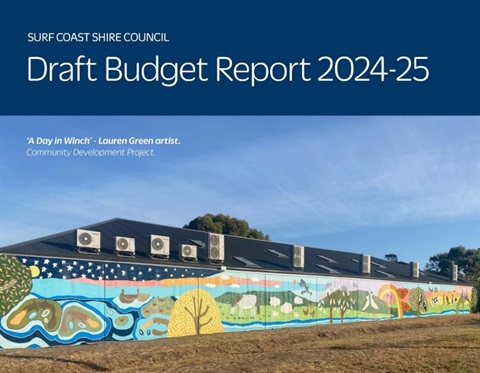
A new report commissioned by The Wellcome Trust has identified the factors that enabled vaccines for COVID-19 to be developed and authorised so quickly and effectively.
The report found that concerted action by governments, funders, regulators and industry enabled them to overcome many of the historical challenges that vaccines usually face during development and authorisation.
The aim of the report was to identify actions that would improve the vaccine ecosystem for future vaccine development, for pandemics, epidemics of emerging pathogens, and endemic diseases.
Key findings include:
- The significant health, economic and social impacts of the pandemic led to high levels of political commitment to develop vaccines against Covid-19.
- Unprecedented levels of investment spread the financial risks for developers and contributed to more efficient decision-making.
- A proactive approach by regulators giving clear indications of data requirements from the outset, coupled with prioritisation of human resources and increased collaborations resulted in accelerated review processes.
- The availability of existing research on coronaviruses, vaccine platform technologies, and strong clinical trial infrastructure combined with streamlined clinical testing processes resulted in faster development.
A commitment to sustained financial support for scientists and foundational science, and the establishment of strong, flexible clinical trial infrastructure are among the leading recommendations from the report.
The report also recommends support for and strengthening of global funding mechanisms, and the need to facilitate communication between regulatory authorities and other stakeholders by developing forums.
Burnet Senior Principal Research Fellow (Honorary), Professor Allan Saul, who was a consultant to the report, said the findings demonstrate the need for broad political will and a commitment to sustained financial support for scientists and foundational sciences.
“Although the COVID vaccines are unique, there are really important lessons there for how we might make vaccines for diseases that kill about five million people a year for which there is no registered vaccine at all,” Professor Saul said.
“And this report gives us something to work with.”
Click here to read and download the report.






